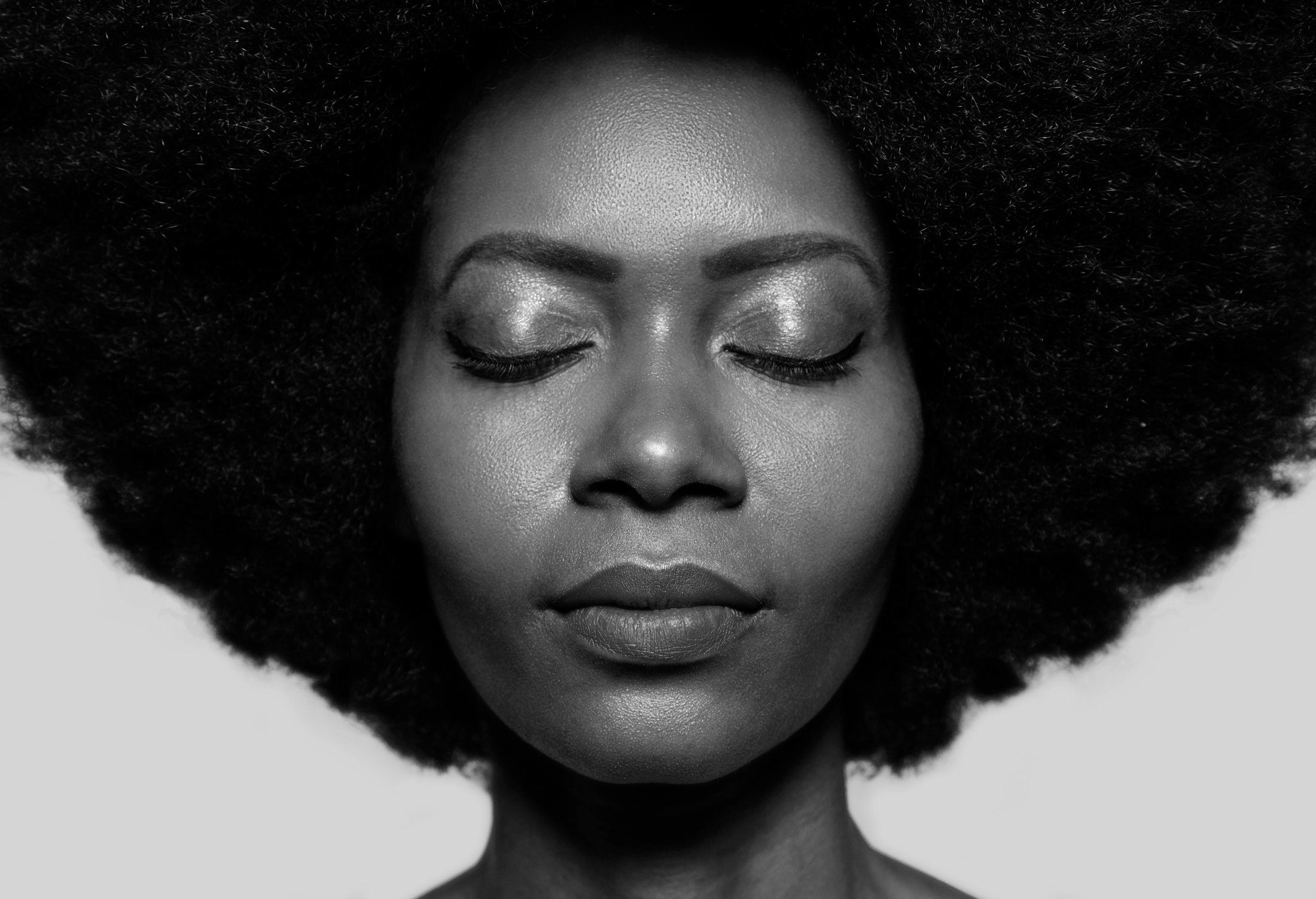Mental Health Awareness Lives Beyond the Month of May
May has been a significant month for mental health awareness, and for our Black community, it holds even greater significance. This is a time to shed light on the unique challenges faced by Black individuals when it comes to mental health. In recent years, there has been a growing recognition of these challenges, as well as a welcome increase in the number of Black psychiatrists and therapists. However, there is still much work to be done in addressing the stigmas surrounding mental health and striving for meaningful change.
1. Increasing Representation: One positive development is the rise of Black psychiatrists and therapists, who play a crucial role in providing culturally competent care. By understanding the unique experiences and challenges faced by Black individuals, these professionals can create a safe and supportive space for healing. It is encouraging to witness this growing number of Black mental health practitioners who are dedicated to serving their communities.
2. Unique Manifestations of Mental Health: Mental health symptoms can present differently in Black individuals due to various factors, including cultural, historical, and systemic influences. Living in a society that does not value you leads to discrimination and disenfranchisement which has negative impacts on one’s mental health even if it may not seem overt. Consequently, symptoms such as depression, anxiety, and trauma may manifest differently or be expressed through physical symptoms. Acknowledging these nuances is crucial in providing effective and appropriate care to the Black community.
3. The Stigma Surrounding Mental Health: Stigma remains a significant barrier in addressing mental health concerns within the African diaspora. Historical factors, cultural beliefs, and societal pressures often contribute to the reluctance to seek help or openly discuss mental health. There is a prevailing notion that seeking therapy is a sign of weakness or that mental health issues are taboo topics. This stigma perpetuates silence and prevents many from receiving the support they need.
4. Striving for Change: To foster a healthier future for the Black community’s mental well-being, we must strive for change on multiple levels. It starts with increasing awareness and education about mental health, debunking myths, and challenging stigmas. By engaging in open conversations, we can empower individuals to seek help without fear or shame.
In addition, community support and resources must be expanded. Establishing accessible mental health services, including counseling centers and support groups, can help bridge the gap in mental health care within the African diaspora. Collaborative efforts among community leaders, healthcare professionals, and policymakers are essential to improve access and affordability of mental health services.
Mental Health Awareness Month in May offers a unique opportunity to spotlight the specific challenges faced by the Black community. While progress has been made with the increasing number of Black psychiatrists and therapists, addressing mental health issues in this community requires continued efforts to combat stigmas and create a supportive environment. By fostering open discussions, expanding resources, and promoting cultural competence, we can collectively work towards breaking down barriers and building a future where mental well-being is prioritized and valued within our community.
For more resources, you can check out our resources page which offers many leads to support those in need.
__________________________________________
Healthy BS
One of the most challenging obstacles to overcome with new clients is their level of BS, and by ‘bs,’ I mean it in the Tony Robbins way; as in our Beliefs Systems and let me tell you- there are a lot.
Big belief systems, small belief systems, thin ones, husky ones, boisterous ones, quiet ones, but amongst the various institution’s, two common building materials are consistent: procrastination planks, and the excuse nails. Of course you need more nails than you do planks, and as with each distraction of procrastination, another nail is driven into a house of excuses. Now, in no way am I throwing stones, living in a glass house of my own, however let’s consider health from a financial perspective (like you didn’t see that coming).
Throughout history, there have been illnesses that affect the wealthy more than the poor e.g. gout, diabetes, obesity, and diseases that affect the poor more than the wealthy, e.g. malnourishment leading to tooth decay, malformation of bones, osteoporosis, and alopecia. While modern technology reduces risk of opportunistic infections leading to early mortality, and access to more food increase in our western society, why is it that the cost of healthcare, medication, and organic food are also increasing?
Why are inflammatory diseases and inflation among the leading causes of disagreements, divorce, and death when both can be avoided – all of which are easier said than done. I once heard the saying that if you erased the debt, even as a form of disease, the money would lead back into the same hands of those who had it before. So, what is your budget like?
Can you afford the way you think about your health? Suffice to say that most would skim some off of the top when it comes to our health, but not when it comes to our money, so if you had to actually budget your health, and you itemized or separated health and wealth, would you have greater cash flow in, or more money going out based on the way you have your accounts set up?
Cash flow in – more energy and money at the end of the day, week, month, and year. Is this you?
Cash flow out- more year, month, week or day at the end of your energy and money?
Kind of makes you re-evaluate your assets, liabilities, profits, losses, savings, and investment plan… at least I aim to do. If you don’t have a target, or aim at nothing, you hit everything but your goal.
Cheers to being your biggest asset.

